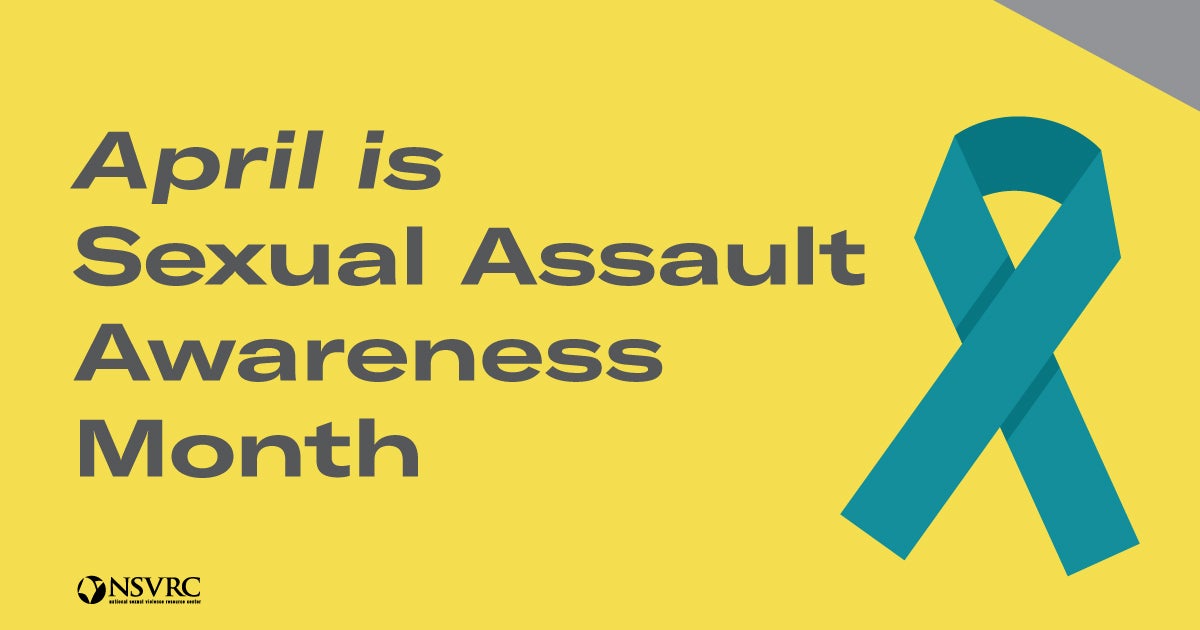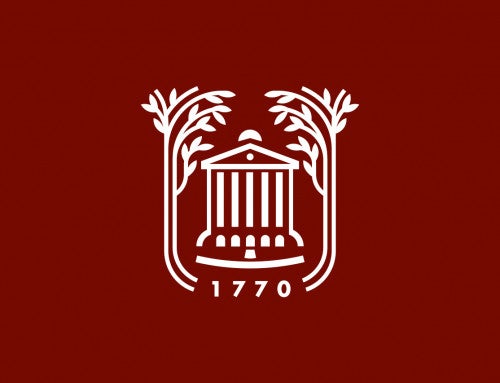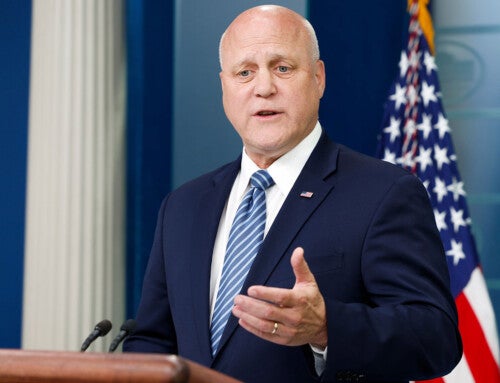The College of Charleston Sexual Assault Awareness Month Committee shared the following message on Thursday, April 22, 2021:
Next week, the College of Charleston will wrap up our 4th Annual Sexual Assault Awareness Month (SAAM). While SAAM is only one month long, we encourage everyone to continue the spirit of SAAM year-round by supporting survivors, learning more, and getting involved. Please find below key information and resources.
Support Survivors
- Never blame the survivor of sexual assault. The individual responsible for the offense is the person who made the survivor experience unwelcomed sexual contact in the absence of consent.
- If someone confides in you about experiencing sexual assault, listen without judgement and believe them. It took great courage for them to entrust you with something so personal and private.
- Encourage the survivor to preserve evidence and file a report with law enforcement but do NOT make them. Remember, they are the experts of what they need.
- Encourage the survivor to get the Sexual Assault Forensic Exam (SAFE) at the Medical University of South Carolina (MUSC). The survivor can get this exam regardless of their choice to file an official report with law enforcement or not. This exam is free and available up to 120 hours/5 days after the sexual assault.
- Offer to assist them in accessing helpful resources: Office of Victim Services (843.953.CARE) is available 24/7/365 for a crime that occurred within the past 5 days; Tri-county Sexual Assault: Prevention, Education, Knowledge, Services (S.P.E.A.K.S.) is the local rape crisis center (formerly known as PAR (843.745.0144); or Rape, Abuse, Incest, National Network (RAINN) 800.656.HOPE.
Learn More
- Most sexual assaults involve non-strangers.
- Incapacitation is not consent. Threats are not consent. Force is not consent. Aggravated coercion is not consent. Unwanted sexual activity without consent is a crime.
- When you meet up with someone from dating apps it is risky to meet them alone the first few times. Instead, meet them in a public place until you get to know them well enough to determine if they will respect you, and the word, “no.”
- It’s hard to tell when a risky situation will arise. Surround yourself with people you trust. Avoid going alone to a gathering with people you’ve just met. Having people that you know and trust will help to avoid risky situations, but can also help you get out of a risky situation, too.
- There is no standard way for survivors to react to sexual assault. Responses are unique to each survivor. Just because they’re not crying or they didn’t report it, doesn’t mean it didn’t happen.
- If you or a friend are sexually assaulted there are helpful resources available to College of Charleston students which include: Office of the Dean of Students (843.953.5522), Equal Opportunity Programs/Title IX (843.953.5754), Counseling Center (843.953. 5640) and Office of Victim Services (843.953.CARE).
- The College’s contribution to this year’s SAAM was a collaborative team effort between Public Safety, Office of the Dean of Students, Counseling Center, Students4Support, Charleston Police Department, Sexual Assault Nurse Examiner Coordinator, Equal Opportunity Programs and Office of Victim Services.
- Live interviews were conducted highlighting how various campus organization and community agencies help survivors.
- To watch the live interviews check out the Students 4 Support Instagram Live (https://www.instagram.com/students4support/) Mondays and Thursdays at 3:00 p.m. Previously recorded interviews are posted there also.
April 5: Office of Victim Services – Crime survivor services and resources
April 8: Campus Police (Public Safety) – Reporting and services
April 12: Charleston Police Department Special Victim’s Unit – Criminal Investigations
April 15: MUSC – Sexual Assault Forensic Exam (SAFE)
April 19: Office of the Dean of Students – Sexual Misconduct charges/Interim measures
April 22: Counseling Center – Services and support groups
April 26: Equal Opportunity Programs/Title IX – Services and non-criminal investigation
Get Involved
Don’t be afraid to act unlike how you normally would. If you see a risky situation unfolding, intervene if you can safely do so. That may mean pretending to know someone to help them get out of a situation, lying about needing to go somewhere else, causing a scene or distraction, or calling the police.
Join S.C.O.P.E. – Safe Campus Outreach, Prevention, and Education (843.953.2273). This student peer education team conducts programming events throughout the academic year on sexual assault and other crimes affecting college students.
Volunteer with Tri-County SPEAKS (843.745.0144). Individuals are needed to serve on a 24-hour on-call rotation to accompany survivors to the hospital for the SAFE; or assist with events.




